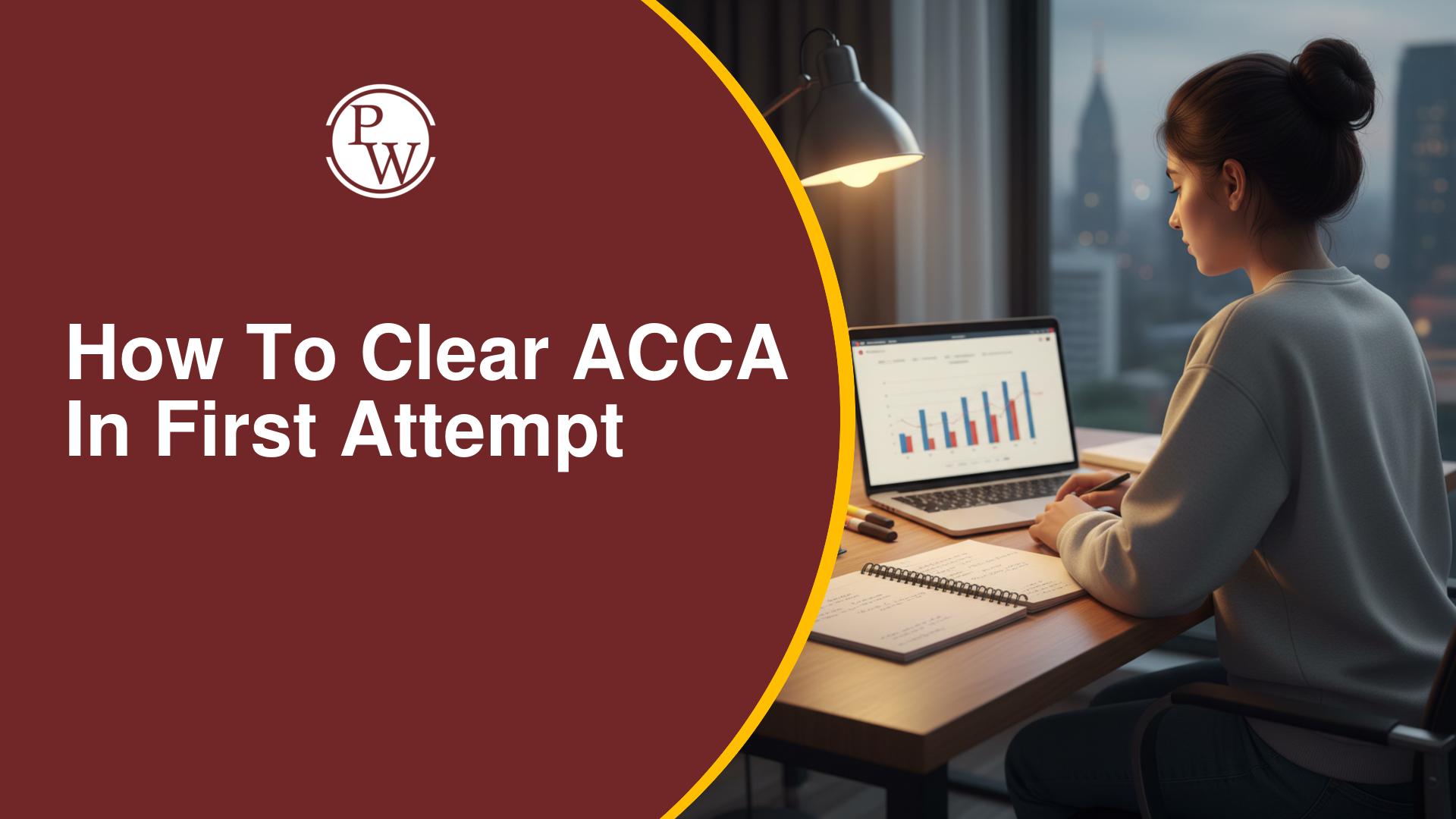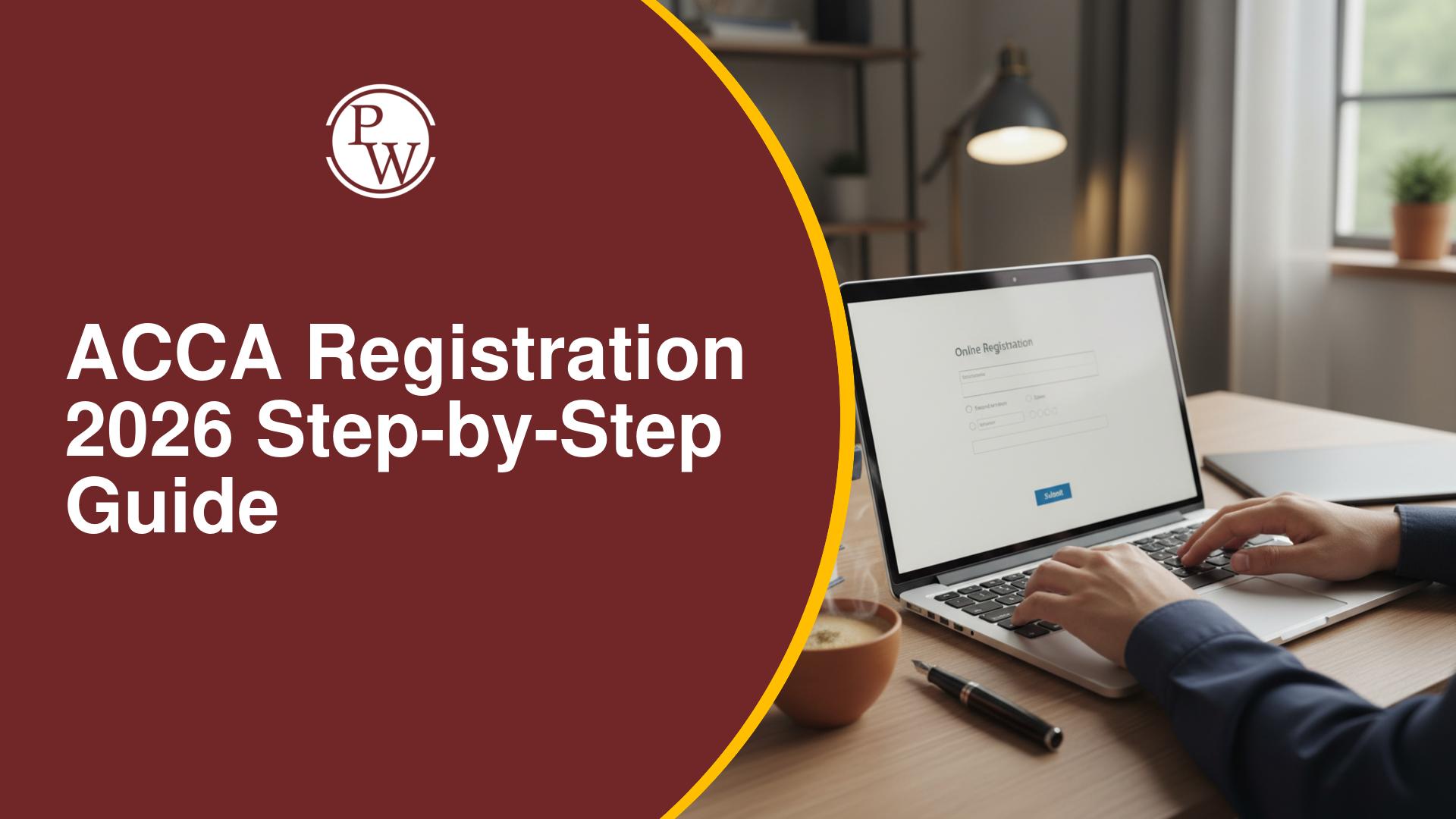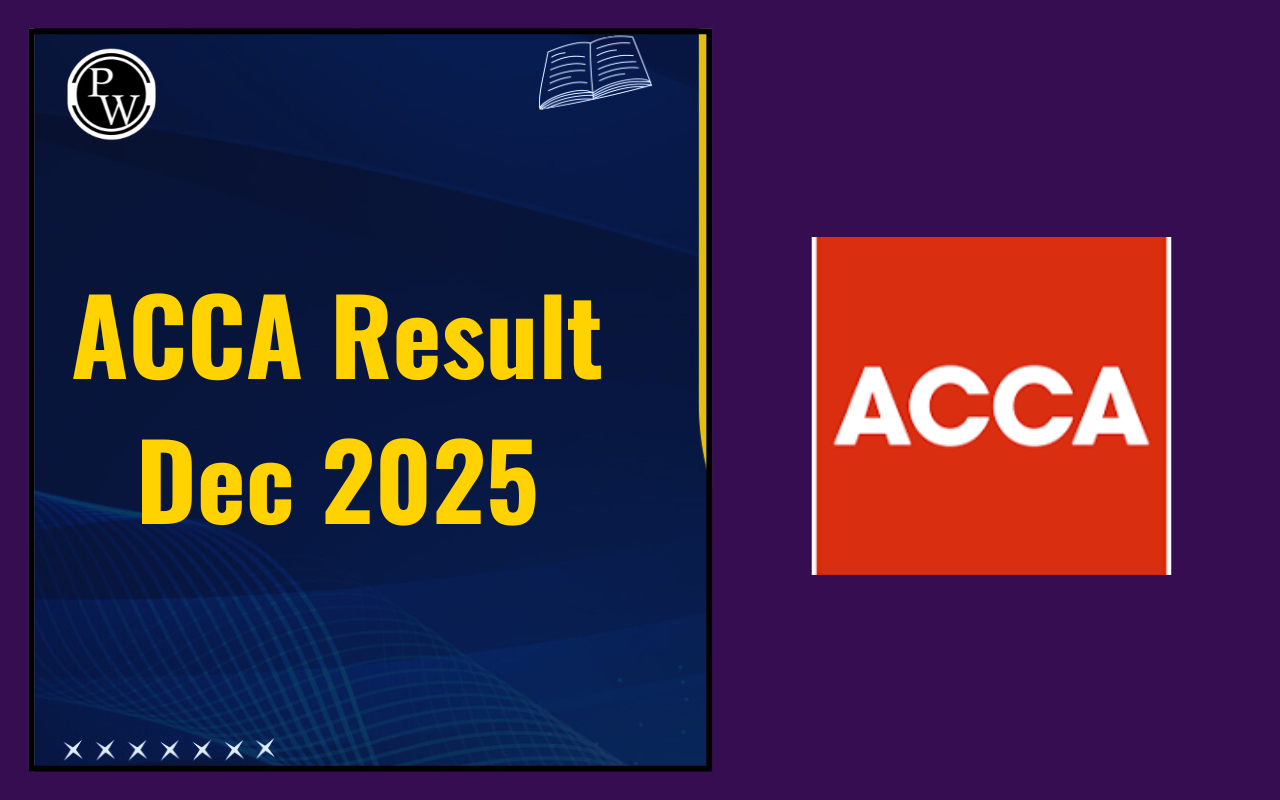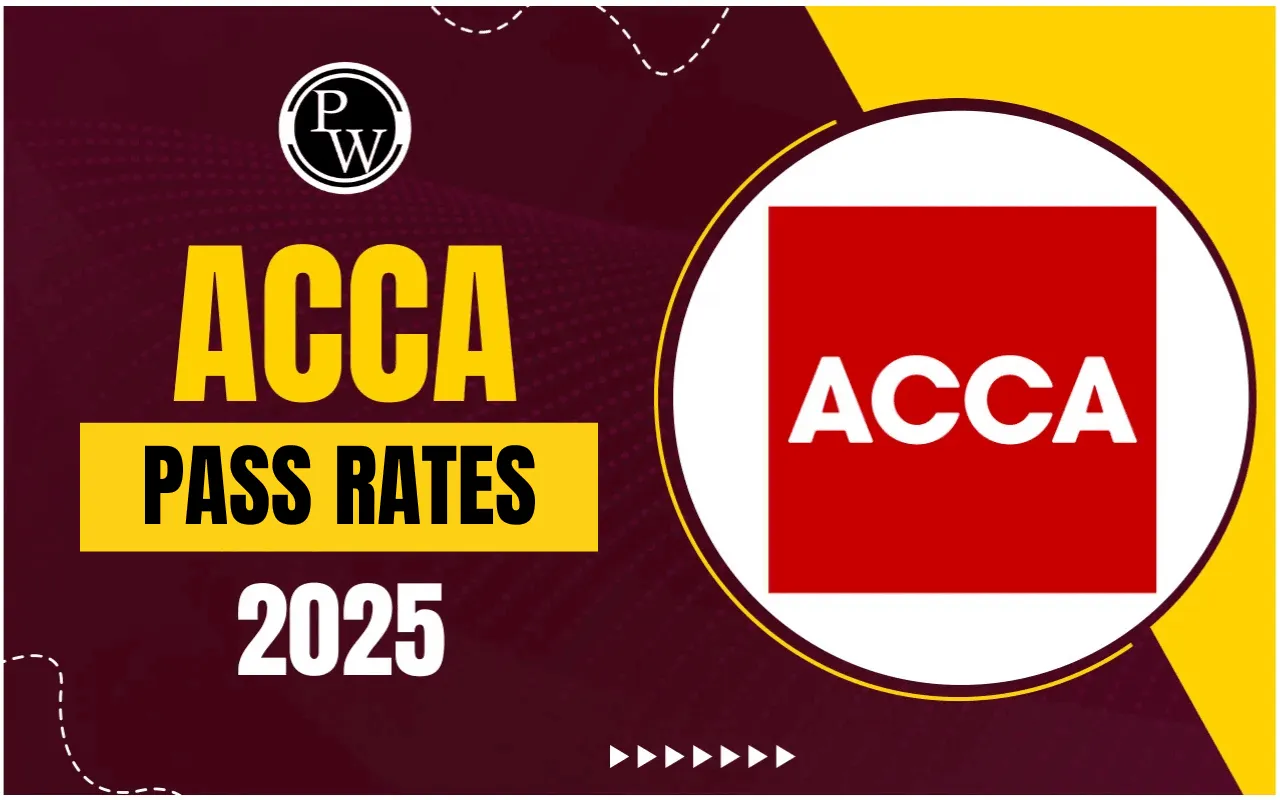
ACCA papers: ACCA is among the rising in demand and highly acclaimed in the field of accounting and finance. The certification of the field has been recognized around the world. It allows students to work in several countries with different industries.
Therefore, to become an ACCA member, students must complete several steps, with passing the ACCA papers being the most important. These exams test technical knowledge, decision-making, and practical skills. Knowing the ACCA papers list, levels, difficulty, and exemptions helps students plan their journey better.
What are ACCA Papers?
ACCA Papers are structured exams that cover accounting, finance, taxation, law, management, and auditing. These papers help students to learn step by step, by starting with the basics and then moving toward the advanced topics. The exams are not only about theory, but they are also about applying knowledge to solve real business problems.
The ACCA subjects list is divided into Applied Knowledge, Applied Skills, and Strategic Professional levels. Each level is designed to build a strong foundation and then develop advanced expertise.
How Many Papers are in ACCA?
A common question that students ask is, 'How many papers are in ACCA?' The answer is 13. These 13 ACCA papers are divided into three main levels. Students can also get exemptions for some papers depending on their previous qualifications. This structure makes learning flexible and suitable for students with different educational backgrounds.
ACCA Papers List (with Subjects)
ACCA papers are divided into three levels. Each level has a specific purpose, and the subjects become more difficult step by step. Below, we’ve mentioned the ACCA papers list with subjects:
| ACCA Papers List with Subjects | |||
| Level | Paper Code | Subject | Description |
| Applied Knowledge | BT (F1) | Business and Technology | Explains business structure, governance, and the role of technology in organizations. |
| MA (F2) | Management Accounting | Introduces cost classification, budgeting, and decision-making techniques. | |
| FA (F3) | Financial Accounting | Covers the preparation of financial statements and basic accounting principles. | |
| Applied Skills | LW (F4) | Corporate and Business Law | Provides knowledge of business and corporate law frameworks. |
| PM (F5) | Performance Management | Focuses on costing, budgeting, forecasting, and performance evaluation. | |
| TX (F6) | Taxation | Explains principles of personal, corporate, and indirect taxation. | |
| FR (F7) | Financial Reporting | Covers the preparation and interpretation of financial statements using IFRS. | |
| AA (F8) | Audit and Assurance | Introduces audit principles, ethics, and assurance engagements. | |
| FM (F9) | Financial Management | Teaches investment appraisal, valuation, working capital, and financial risks. | |
| Strategic Professional | SBL | Strategic Business Leader (Compulsory) | Combines leadership, governance, and risk management with strategic decision-making. |
| SBR | Strategic Business Reporting (Compulsory) | Focuses on advanced financial reporting, group accounts, and ethical responsibilities. | |
| AFM | Advanced Financial Management (Optional) | Covers mergers, acquisitions, corporate restructuring, and advanced risk management. | |
| APM | Advanced Performance Management (Optional) | Develops strategic management accounting and performance system design. | |
| ATX | Advanced Taxation (Optional) | Deals with advanced tax planning, advisory services, and compliance. | |
| AAA | Advanced Audit and Assurance (Optional) | Tests advanced audit and assurance knowledge with real-world case applications. | |
ACCA Subject List with Difficulty Levels
ACCA subjects list has different levels of difficulty. Some are easy and cover the basic principles, but others are more advanced and require a deeper understanding. Below, we’ve mentioned the ACCA Subjects List with Difficulty Levels:
| ACCA Subjects List with Difficulty Levels | ||
| Difficulty Level | Papers | Details |
| Easiest Papers | Business and Technology (BT), Management Accounting (MA), Financial Accounting (FA) | These papers introduce the basic business, cost, and financial accounting concepts. They usually have higher pass rates. |
| Moderate Papers | Corporate and Business Law (LW), Taxation (TX), Financial Reporting (FR), Audit and Assurance (AA), Financial Management (FM), Performance Management (PM) | These papers require the application of concepts in taxation, reporting, and performance analysis. They are moderately challenging. |
| Toughest Papers | Strategic Business Leader (SBL), Advanced Audit and Assurance (AAA), Advanced Taxation (ATX), Advanced Financial Management (AFM), Advanced Performance Management (APM) | These exams involve complex case studies, advanced professional judgment, and detailed analysis. They have lower pass rates. |
Exemptions in ACCA Papers
Some students do not have to take all the exams because of previous education or professional qualifications. These are called exemptions in ACCA papers. Below, we’ve mentioned exemptions in ACCA:
| Exemptions in ACCA Papers | ||
| Qualification / Experience | Possible Exemptions | Applicable Papers |
| Degree in Accounting / Finance | Up to 9 exams | FA, MA, PM, FR, TX, AA, FM |
| ACCA Affiliate | Full Knowledge Level | BT, MA, FA |
| CIMA (Chartered Institute of Management) | Up to 9 exams | Applied Knowledge and Applied Skills papers |
| ICAS / ICA (Chartered Accountants bodies) | Multiple exemptions | Knowledge and Skills papers |
| CPA (Certified Public Accountant) | Partial exemptions | Applied Knowledge and some Applied Skills papers |
| Other Professional Qualifications | Varies | Depends on ACCA recognition |
How to Complete ACCA Papers Efficiently
Completing the ACCA papers requires careful planning and consistent study. Students who follow a clear strategy can complete the exams within a shorter time. Below, we’ve mentioned preparation tips to complete ACCA Papers efficiently:
Follow the order of exams carefully: Aspirants must always start with the Applied Knowledge papers. Then move to Applied Skills, and then finally attempt the Strategic Professional papers.
Plan the study time effectively: Students should create a timetable that allows regular study hours. Knowledge-level exams may require one month of preparation, but Professional-level exams will require two to three months.
Use official ACCA study materials and resources: Practicing past papers, attempting mock exams, and reading examiner reports can improve performance. These resources are designed to give students a clear picture of exam requirements.
Complete the Ethics and Professional Skills module early: This module helps students improve judgment, analytical thinking, and communication. Completing it early often improves the performance of students in Strategic Professional exams.
Maintain consistency and discipline in practice: Instead of last-minute preparation, students should practice regularly. Solving questions daily helps improve speed and accuracy.
Attempt exams with a balanced approach: Do not attempt multiple difficult exams together. Students should pair one challenging paper with a comparatively easier paper to balance their workload.
The ACCA has 13 papers that students must pass to get the qualification. These papers test your knowledge of finance, accounting, and problem-solving. Think of them like different school subjects that prepare you for a career in business and money management.
By knowing the list of ACCA papers and subjects, you can make a study plan that works best for you. Some students may also get exemptions, which means they don’t need to take certain papers if they have already studied them before. With steady practice, using the right books, and a clear plan, anyone can finish the ACCA journey successfully.
ACCA Papers FAQs
How many papers are there in ACCA?
Which ACCA paper is the hardest?
Can I get exemptions in ACCA papers?
How long does it take to complete all ACCA papers?










